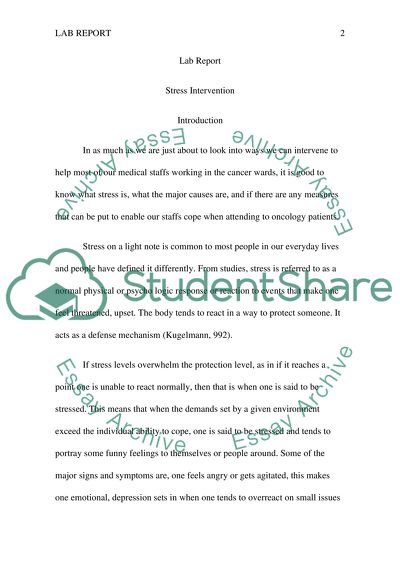Cite this document
(“An intervention to reduce stress Lab Report Example | Topics and Well Written Essays - 1250 words”, n.d.)
Retrieved from https://studentshare.org/psychology/1655173-an-intervention-to-reduce-stress
Retrieved from https://studentshare.org/psychology/1655173-an-intervention-to-reduce-stress
(An Intervention to Reduce Stress Lab Report Example | Topics and Well Written Essays - 1250 Words)
https://studentshare.org/psychology/1655173-an-intervention-to-reduce-stress.
https://studentshare.org/psychology/1655173-an-intervention-to-reduce-stress.
“An Intervention to Reduce Stress Lab Report Example | Topics and Well Written Essays - 1250 Words”, n.d. https://studentshare.org/psychology/1655173-an-intervention-to-reduce-stress.


